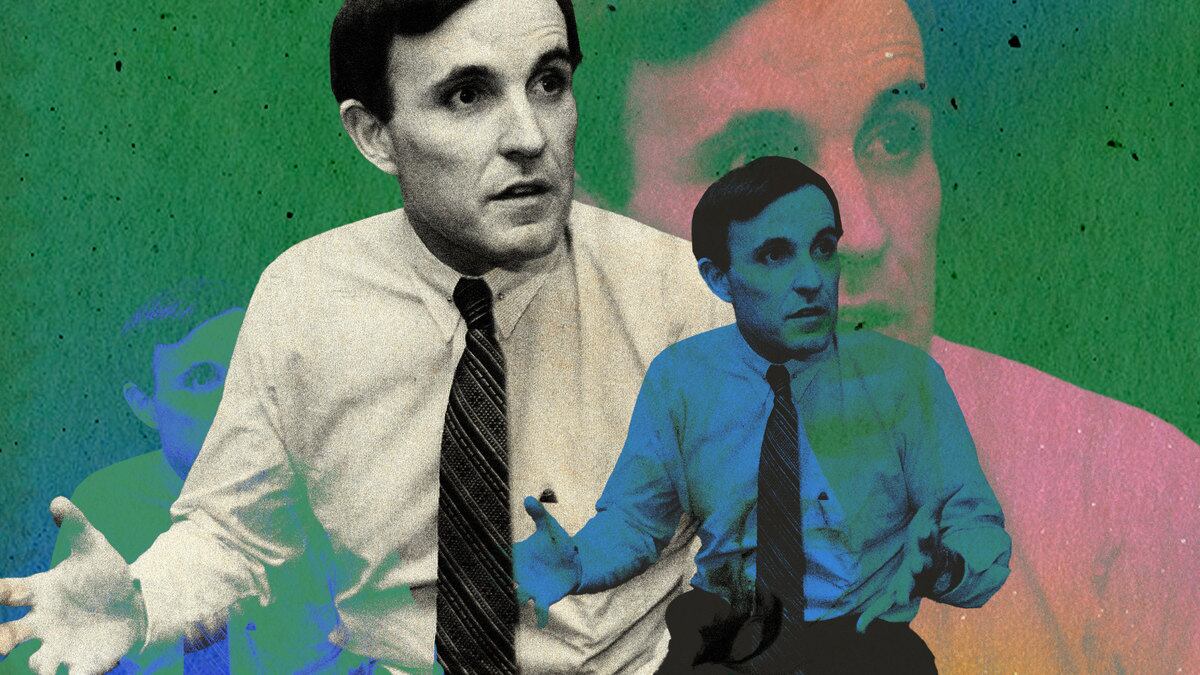Politics
Photo Illustration by Luis G. Rendon/The Daily Beast/Getty
Rudy’s RICO Origin Story Is as Fake as His Hair Color
‘STRETCHES THE TRUTH’
He claims he came up with the idea of using the statute against the mob. Not so, say two other crime-busters.
opinion

Trending Now





